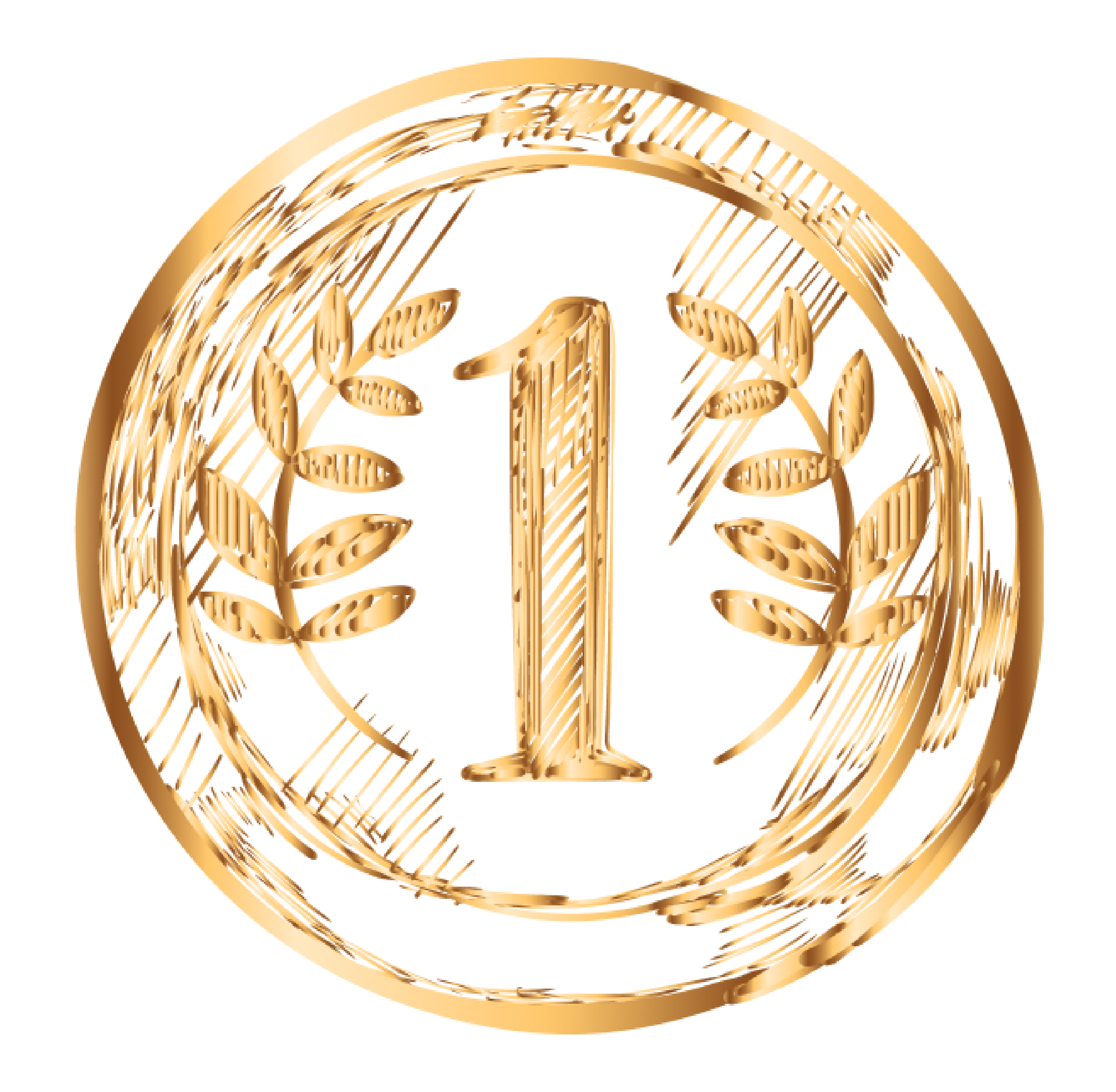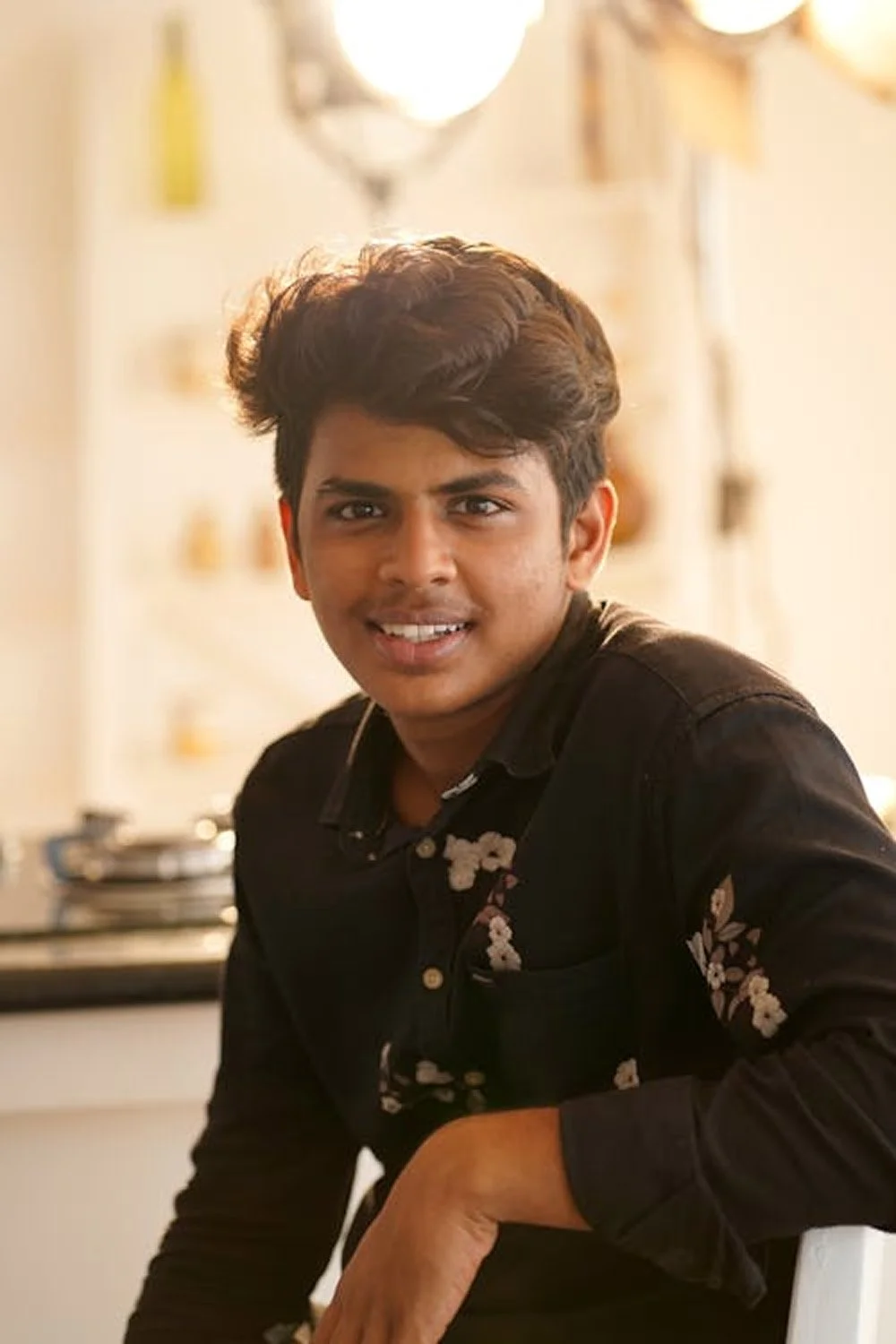JUSTIN YU
United States of America
Tank Man’s Son
The morning of June 5, 1989, was the last time Wang Wang ever saw his father.
He was nine years old, a boy living in a cramped apartment near Chang’an Avenue, Beijing. Life had always been simple, predictable—his father rose with the dawn to stock the shelves of their little convenience store, while his mother’s broom swept the floor, its soft swish matching the steady shuffle of early customers. Wang Wang would sit on a wooden stool near the counter, doing his schoolwork as the scent of freshly steamed buns wafted in from the bustling street vendors outside.
And then, in a single, shattering moment, that life was gone.
In the weeks leading up to that fateful day, something had shifted. The air in Beijing grew heavy, thick with an unspoken tension that settled uncomfortably into their daily lives. Wang Wang had noticed it in the whispers of neighbors, in the deepening furrows on his father’s brow when he came home late from the store, in the nervous glances his parents exchanged when they thought he wasn’t looking. It had started with the students gathering in Tiananmen Square, their voices rising like a chorus, crying out for something Wang Wang did not yet fully understand.
Hope, his father called it.
Then, the hope curdled into fear. The day before, the air had crackled with gunfire, the sky choked with smoke. Government loudspeakers blared of a crackdown, their metallic voices drowning out the screams of students in the streets below. The once-mighty flow of students gradually disappeared like a slowly drying river, hope and youth dying prematurely under the tracks of tanks. All throats, old and young, were suffocated by fear. White hair on crutches and small hands tugging their parents’ sleeves failed to deter their executioners, deaf to the struggling screams ringing against their helmets. They died by the thousands, their crimson blood staining the earth, poisoning the water.
Wang Wang had never seen his father afraid—until now. He paced their tiny home, restless as a caged bird. Then, at last, he stopped.
“I have to help the students.” That was all.
His mother begged him not to go. She urged him to stay in their apartment, to weather the storm like they had always done before. “You have a son,” she pleaded. “Please, think of Wang Wang.”
His father’s gaze softened as he turned to his son, but his face remained one of resolve.
“I am thinking of him.” That was all.
Dawn broke with the rattling of gunfire, its harsh echoes more effective than any alarm. The pervasive smoke swallowed the sun, blurring night and day into a single endless gray. Wang Wang watched his father move quietly through the apartment, gathering food, water, and medical supplies into two plastic grocery bags.
When he was finished, he stood in the dim light of the apartment, his gaze lingering on his wife and son. A promise. A reassurance. And then he was gone. As the door clicked shut behind him, Wang Wang slipped out, his small feet chasing his father’s fading shadow ahead.
The city he once knew was gone, lost in the ashes of its people. The streets, once alive with the hawking of merchants and the chatter of tourists, were now a graveyard of burned-out cars and broken bodies. Shattered glass glistened like fallen stars scattered across the pavement. Posters that once bore messages of hope lay torn and trampled, their bearers nowhere to be found.
Wang Wang coughed, doubt creeping into his heart as the acrid air stung his lungs. He began to regret following his father. And then—the sound. A deep, rolling thunder. The earth itself trembled beneath his feet. It was tanks. A column of them loomed into view, their iron jaws swallowing the road in their wake.
Ahead of them stood a handful of student protestors, faces streaked with soot and exhaustion. Their banners hung like withered petals in the wind, tattered remnants of a lost cause. Some pressed trembling hands to makeshift bandages, blood seeping through cloth like ink on fragile parchment. Others stood shoulder to shoulder, determined to defy until the end. It was only now, up close, that Wang Wang realized how young they were. How scared they looked.
His father looked at the students. Then, he stopped. And stepped forward.
From behind a rusted bike rack, Wang Wang watched, his heart pounding wildly in his chest. His father stood alone before the tanks, a speck of humanity against the great metal machines. The lead tank groaned to a stop, its hulking frame quivering, its iron maw just inches from swallowing him whole.
A soldier clambered out, rifle raised. A warning. A command. But his father did not move. The tank turned left—he stepped left. The tank turned right—he followed. He was one man against an army, but he would not yield. If they wanted to pass, they would have to pass through him first. If they wanted to kill, they would have to kill him first.
Then, from the side, two soldiers rushed forward, seizing his father’s arms in an iron grip. Wang Wang’s trance was shattered. Before he could think, before fear could hold him back, he sprang from his hiding place. “Baba!” he cried, hot tears spilling down his cheeks.
His father turned. Surprise flickered, then softened into something familiar. He smiled—a quiet smile, warm as sunlight. A smile Wang Wang would carry with him for the rest of his life.
Then he was gone.
Wang Wang never saw his father again. But the world did. That day, a photographer captured an image that would live forever—a man in a white shirt and black trousers, holding nothing but two grocery bags, standing against an army.
The world called him Tank Man. But Wang Wang called him Baba.
In the days that followed, Wang Wang and his mother fled Beijing. The city had become a place of whispered fear. Amnesia settled over it like a thick fog—forgetting meant survival. Neighbors who had cheered the students one day turned silent the next. His father’s name was never mentioned, not out of shame, but out of the knowledge that speaking it too loudly would bring danger. The government labeled him a counterrevolutionary rebel, but Wang Wang knew that lies written in ink could never disguise facts written in blood.
That day ached, but Wang Wang still waited for the dawn.
Years later, Wang Wang and his mother made their way to a new country. He grew up with the image of his father in history books, in grainy photographs, in news broadcasts commemorating that tragic day. Strangers debated his father’s fate—was he executed? Imprisoned? Still alive in some distant labor camp? As Wang Wang grew older, he became obsessed with understanding what had happened that day. He scoured books, dug through news archives, reached out to scholars who had spent years studying the Tiananmen Square protests. But the truth, he realized, was not in the records.
It was in his father’s final moment.
Far from the place where he last saw his father, Wang Wang still remembers. The smell of smoke. The rumble of tanks. But mostly, he remembers the smile of his father—a man who refused to cower.
For history is not shaped by the might of metal, but by the strength of a single, unbreakable man who dared to stand against tyranny—a strength that now lived on in his son.
And Wang Wang vowed that he, too, would stand.
1st Place GLOBAL WINNERS 2025




